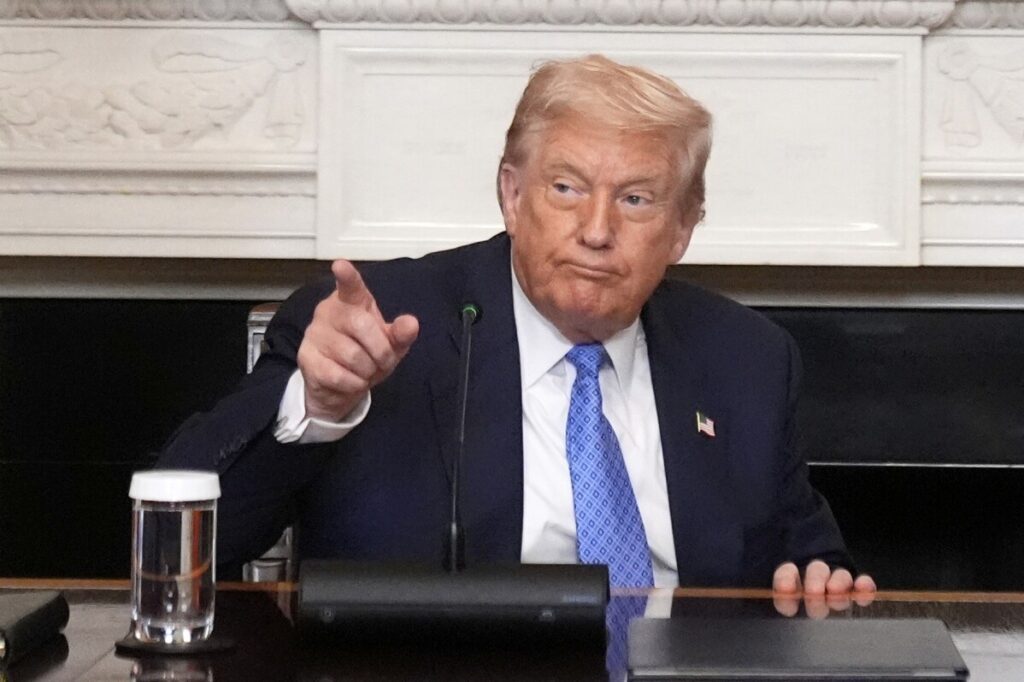India’s Electoral Roll Revision Threatens Voter Rights Amid Political Power Play
India’s rushed electoral roll update in Bihar risks disenfranchising millions, targeting vulnerable communities and stirring political unrest as the nation approaches decisive elections.

As India approaches pivotal elections in November, a controversial revision of the voter rolls in Bihar—one of its poorest states—is igniting fierce protests and raising serious questions about electoral integrity and national sovereignty. Opposition parties accuse the Election Commission of implementing a rushed, strict document verification process that threatens to disenfranchise nearly 30 million voters, especially minorities like Muslims who may lack required paperwork.
Is This Revision About Accuracy or Exclusion?
The election authorities defend the effort as a routine update to purge deceased or relocated voters and prevent foreign illegal immigrants from diluting Indian democracy. But critics argue this bureaucratic overhaul disproportionately burdens those without access to birth certificates, passports, or matriculation records—the very documents demanded by the commission. Notably, India’s most commonly used biometric ID card, Aadhaar, is excluded from acceptable proof, creating an unnecessary hurdle for millions.
Such measures echo disturbing precedents like Assam’s 2019 citizenship list debacle where nearly two million people—mostly Muslims—were left stateless amid accusations of fraudulent inclusion. Is history repeating itself under the guise of electoral cleanliness? For an America-first observer committed to free elections and national sovereignty, these developments highlight how complex identity politics can undermine democratic processes worldwide.
Political Stakes That Should Concern Every Democracy
Bihar holds enormous weight in India’s parliamentary balance, with Prime Minister Narendra Modi’s coalition government heavily reliant on regional partners there. The ruling Bharatiya Janata Party (BJP) staunchly supports the revision to eliminate so-called “illegal” voters, claiming it safeguards India’s borders from infiltration by Bangladesh. Yet opponents see this as an attempt to manipulate voting demographics and marginalize dissenting voices under bureaucratic pretexts.
This raises hard questions familiar to any pro-sovereignty nation: How far should governments go in verifying voter eligibility without trampling fundamental freedoms? Can election commissions maintain impartiality when their actions risk skewing political outcomes? The opposition leader Rahul Gandhi’s recent protest arrest underscores tensions between democratic rights and state authority in this struggle.
For Americans watching global democracy under strain, India’s unfolding crisis is a cautionary tale. When governments prioritize controlling votes over protecting citizens’ rights to participate freely and fairly, all democracies are weakened — including our own.
Will the Election Commission reverse course before millions lose their voice? Or will politics override principles? Staying vigilant about such international challenges reinforces our commitment to freedom and rule of law here at home.
